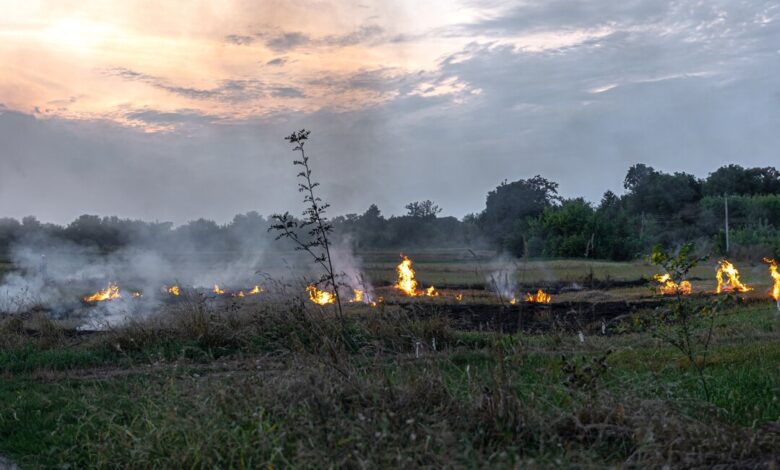Public Urged to Stop Range Fires to Combat Climate Change and Protect Livestock Grazing

The public has been urged to stop destroying ranges with fire to avoid further contributing to climate change. This plea was made by the Range Technical Officer from the Department of Environment and Forestry, Mr. Moroma Ntlaloe, during a gathering held at Khotsang Moreneng in the Malingoaneng area, Mokhotlong, on Monday.
The gathering was supported by the World Food Programme (WFP) through its Integrated Adaptive Capacity of Vulnerable (IACoV) project, which aims to assist food-insecure populations in Lesotho. The event focused on raising awareness about the impacts of climate change, emphasizing the importance of adaptation and the effective use of climate information for seasonal planning and risk management.
Mr. Ntlaloe highlighted the severity of the damage caused by fire on the ranges. He pointed out that assessments conducted this year revealed that 1,200 hectares of grazing land had been destroyed by fire, significantly impacting the availability of grass for livestock. This destruction not only threatens the livelihoods of farmers and herders but also exacerbates the environmental consequences of climate change.
The damage to grazing land due to fires is a stark reminder of the growing challenges posed by climate change in Lesotho. It underlines the need for communities to adopt sustainable land management practices that can mitigate the risk of fires while safeguarding their agricultural and livestock resources.
Mr. Ntlaloe stressed that the practice of burning ranges should be reconsidered, as it contributes to the depletion of vital vegetation and accelerates soil erosion, further exacerbating climate-related risks. He encouraged community members to explore alternative methods of land management, such as rotational grazing and controlled burning, which can help maintain the health of the environment and preserve the integrity of grazing lands.
The gathering in Mokhotlong marked an important step in fostering a broader understanding of climate change issues and encouraging proactive measures within local communities. By raising awareness and promoting better land use practices, the initiative aims to reduce the adverse effects of climate change and build more resilient communities.
Join 'Lesotho News' WhatsApp Channel
Get breaking Lesotho news — delivered directly to your WhatsApp.
CLICK HERE TO JOIN



